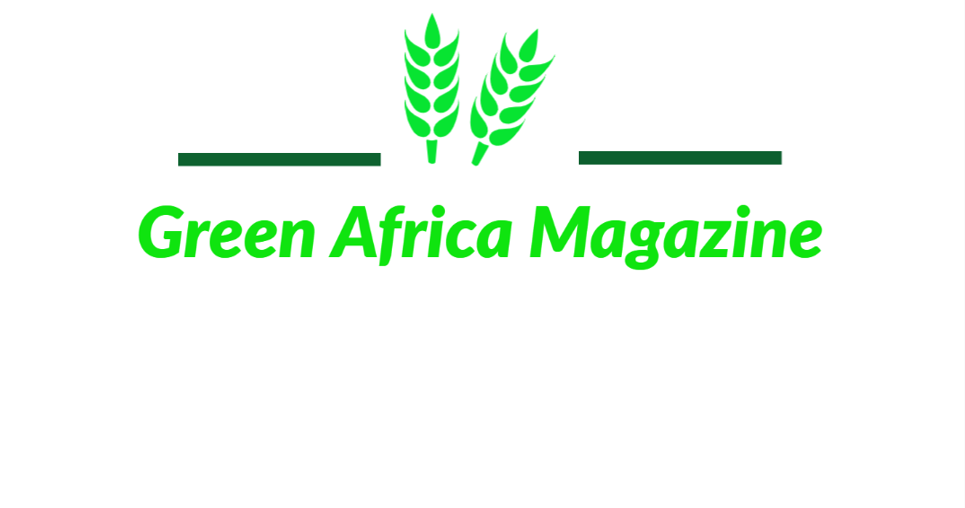ZAMBIA is renowned for being a regional food basket because of its consistent production of food crops adequate enough to feed its population and export the surplus to other countries.
Although there is irrigated food crop production among commercial farmers predominantly in Central Province, over 70 percent of crops are grown by small-scale agrarians in various parts of the country.
Unfortunately, crop production by smallholder farmers is dependent on rainfall such that in times of partial or fully fledged drought, the country faces food insecurity as a result of low yields of food crops, particularly maize.
During the current rainy season, which ideally should have started sometime in October, some parts of the country have experienced delayed rainfall and, as such, farmers cannot plant.
Going by the Zambia Meteorological Department (ZMD)’s statement, some parts of Eastern and Muchinga provinces have not received desired rainfall so far, and farmers are reluctant to start planting for fear of losing out.
As such, in areas which have experienced delayed rainfall, farmers have been advised to change seed varieties from late- to medium- or from medium- to early-maturing, depending on their location.
Now that chances of rains are high over the next 10 days in most parts of the country, according ZDM’s latest weather advisory, farmers are encouraged to start planting while being mindful of the seed varieties suitable in their areas.
“For farmers who have not yet prepared their fields, there is little time remaining for ploughing and later planting, especially for cereals and legumes such as maize and groundnuts respectively.
“As such, rip lines can be made to quicken planting, especially in fields with few weeds which can be controlled by herbicides where possible,” the weather advisory reads in part.
Farmers have further been encouraged to apply basal dressing fertiliser as they plant to ensure quick crop emergency and good root development.
To ensure optimum yields, farmers should look out for pests and disease outbreaks, especially fall armyworms, which tend to increase when the maize crop is young and with tender leaves.
With this timely counsel by ZDM, we expect our farmers to strictly follow the advice for the country to yet again record another maize bumper harvest so that Zambia is food secure.
It is important for farmers to plant right seed varieties for them to have desired crop yields and significantly contribute to the country’s food security.
Food security is vital for any country at individual, household, and national levels.
According to the Food and Agriculture Organisaion, food security is achieved when everyone has physical, social, and economic access to sufficient, safe, and nutritious food to meet their dietary needs and food preferences for an active and healthy life.
Access to quality, nutritious food is fundamental to human existence. Secure access to food can produce wide-ranging positive impacts, including economic growth and job creation. Food security among individuals is largely dependent on their economic statuses, and one of the main causes of food insecurity among people is also related to their economic standards.
Other than the nutritional and health benefits, food security also has economic paybacks at individual, household, and national levels.
Successful food security and poverty-oriented programmes not only assist poor rural populations produce more and diversified products, but to produce a surplus.
This surplus can be marketed and thereby generate income for purposes of improving the quality of life through improved diet and nutrition.
So, we need sustained food security as a country because of the innumerable reimbursements which come with food security, and it is our farmers who can help us feed ourselves and have strategic reserves.


